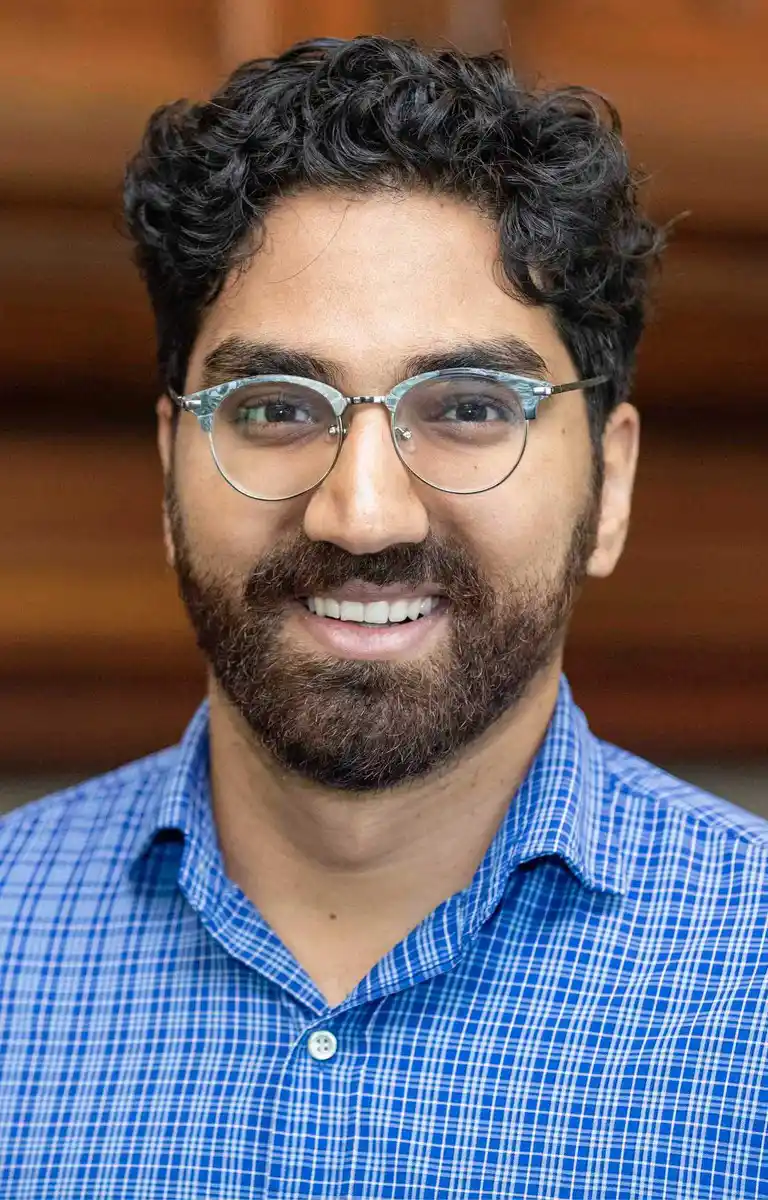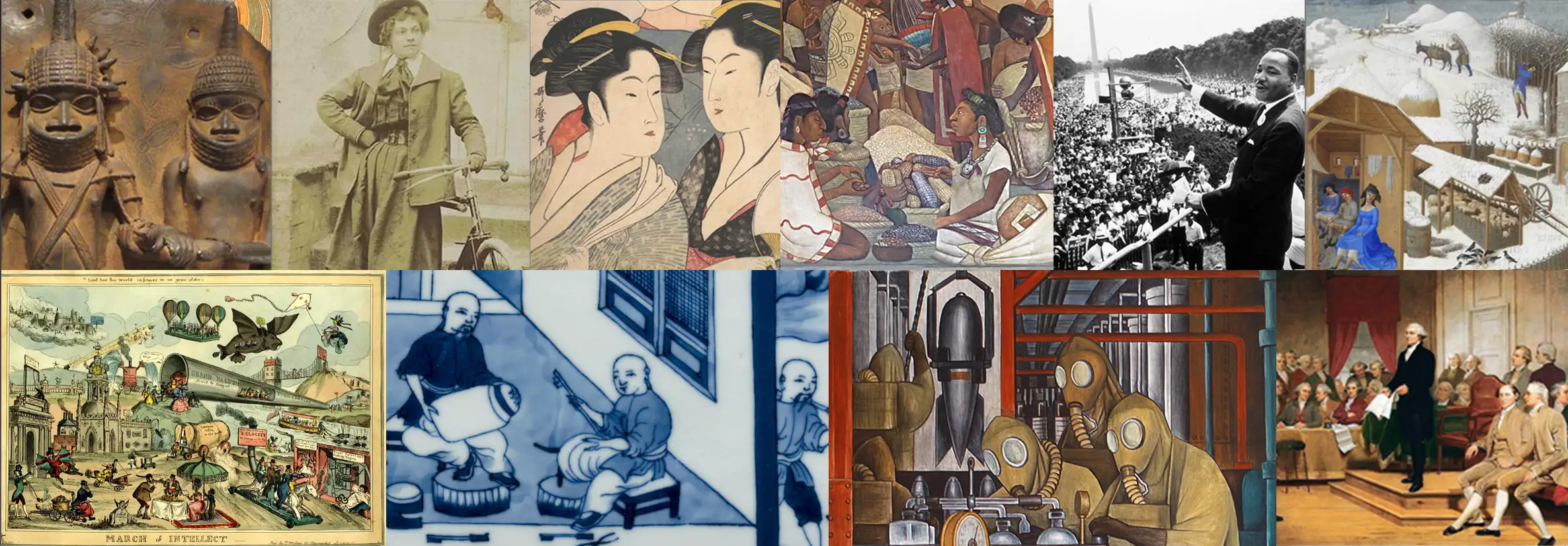Nasser, Yasser Ali

Specialties:
Transnational, South Asia, East Asia, Cold War
Yasser Ali Nasser
Assistant Professor | World History
I am a historian of the Cold War in Asia, with a broad focus on East and South Asia and China and India more specifically. My research looks at how people have, through either their study of or visits to different places, imagined the relationship between themselves, their nations, and the world. I am interested in asking how nationalism and internationalism in postcolonial societies have informed one another, both through the synergies between them as well as the tensions.
I am currently working on a book manuscript on the rise and fall of ‘friendship’ between India and China in the 1950s. For people in both countries, the beginning of the 1950s seemed like a crossroads for Asia’s future: either the people of the continent would defeat the vestiges of colonialism, or they would fall prey to the Cold War’s emerging cycle of bloc conflict. They found an answer to this crisis in friendship, a program of mutual learning and respect for differences that stood in stark contrast to the hierarchies of superpower blocs and colonial empires alike. Both the Indian and Chinese states pointed to friendship and cooperation between Asia’s largest countries despite their political differences to argue that the work their citizens were doing at home could influence the trajectory of Asian, and eventually global, politics. Those same citizens used friendship to demonstrate how their specific political aspirations were important to Asia’s future and pressured their governments to make good on promises for a better world. The story of friendship thus highlights how Cold War challenges and postcolonial aspirations forged fragile, intimate connections between national, regional, and global politics.
I have also begun initial research for a future book project examining how China’s economic reforms in the 1980s influenced similar reform attempts in neighboring countries. Eschewing familiar narratives of top-down politics and economic debates within the highest echelons of the Chinese state, I want to focus instead on how quotidian Chinese reformers – agricultural surveyors, managerial trainees, standardization researchers, water purity technicians, and more – interacted with the ‘foreign’. Specifically, I am interested in the lessons they took from Japanese experiences and history, and the way those lessons were then indirectly transmitted to countries in the Third World.
Education
Ph.D. University of Chicago, 2024
